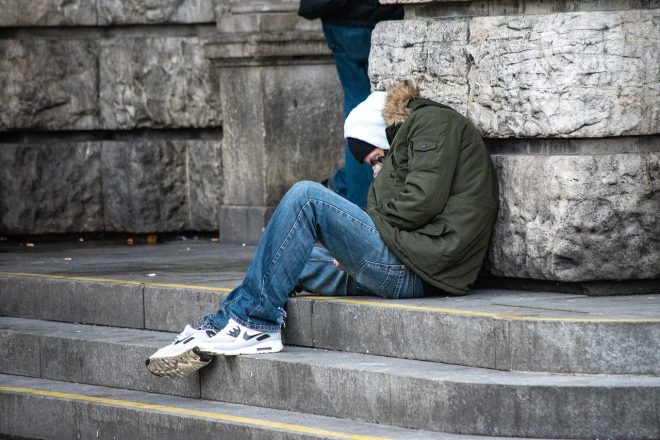
Clinical negligence litigation tends to focus on the individual harm arising from errors in diagnosis or treatment of disease and illness. Compensation is awarded to the individual (or their estate if fatal) for the harm caused.
On a wider scale, however, every year thousands of deaths are caused by social and economic inequality in the UK. These deaths are not considered caused by negligence and families receive no compensation. They are, however, essentially avoidable.
Ever since ‘The Black Report’ was published in 1980 (memorably over a Bank Holiday weekend) it has been well known that illness and death are unequally distributed across social classes with those in the lower social groups having more ill-health and higher death rates than those in the higher social groups. Moreover, despite an overall increase in living standards, this divide was increasing rather than decreasing.
Professor Sir Michael Marmot and the Institute for Health Equity at UCL published a report in 2024 which analysed death rates from 2011-2019. This showed that more than a million people died earlier between 2011–2019 than they would have done had they lived in areas where the richest 10% of the population live. Around 148,000 of these deaths were additional to what might have been expected based on levels in the 2 years prior to 2011 which the authors directly attribute to the effect of austerity measures implemented from 2010 onwards. That equates to an average of 16,444 / year during this time. As a comparison, in 2023 there were 1,624 fatalities in the UK caused by road traffic accidents.
Often, higher ill health and mortality rates among lower socioeconomic groups are attributed to personal behaviour factors such as smoking, drinking or lack of exercise as well as poorer access to healthcare and treatments. Both of these, however, have a minor impact on overall mortality compared with our socioeconomic circumstances. It is estimated that around 80% of our health is determined by social circumstances and only 20% to NHS care.
In health care terms this is the ‘elephant in the room’. We know that social inequality is the major cause of ill health and premature death, but political will on a grand scale is needed if this is every going to be reversed.
The report can be accessed here https://www.instituteofhealthequity.org/resources-reports/health-inequalities-lives-cut-short
